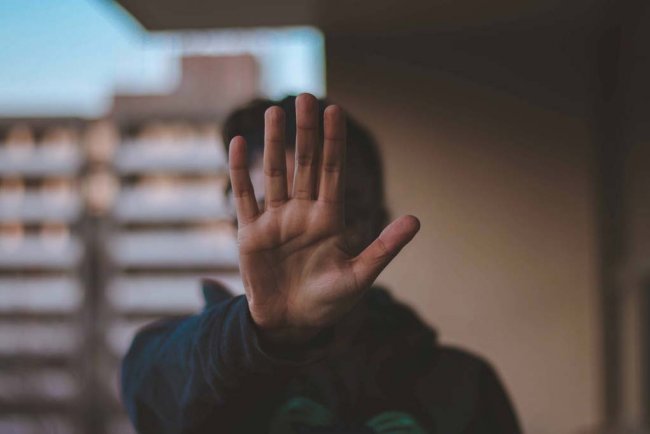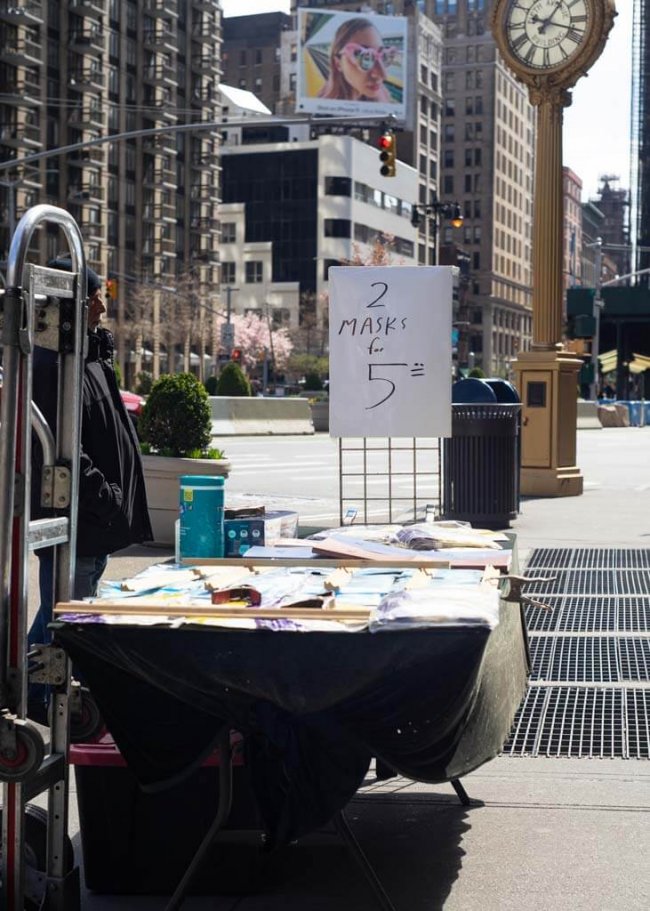Letters from Milán, Kassel, London and Warsaw
Dear friends, dear all. I’m from Milan. I’ve been living in isolation since the end of February. Now, it’s almost a month. I’m seeing patients through Skype—all of them, including the one previously on the couch. No direct contact. They pay through the internet as well. Patients are now tired. Some of them are afraid to lose their jobs. Some have already lost them. They do not see the end of this nightmare. Children stopped going to school…










